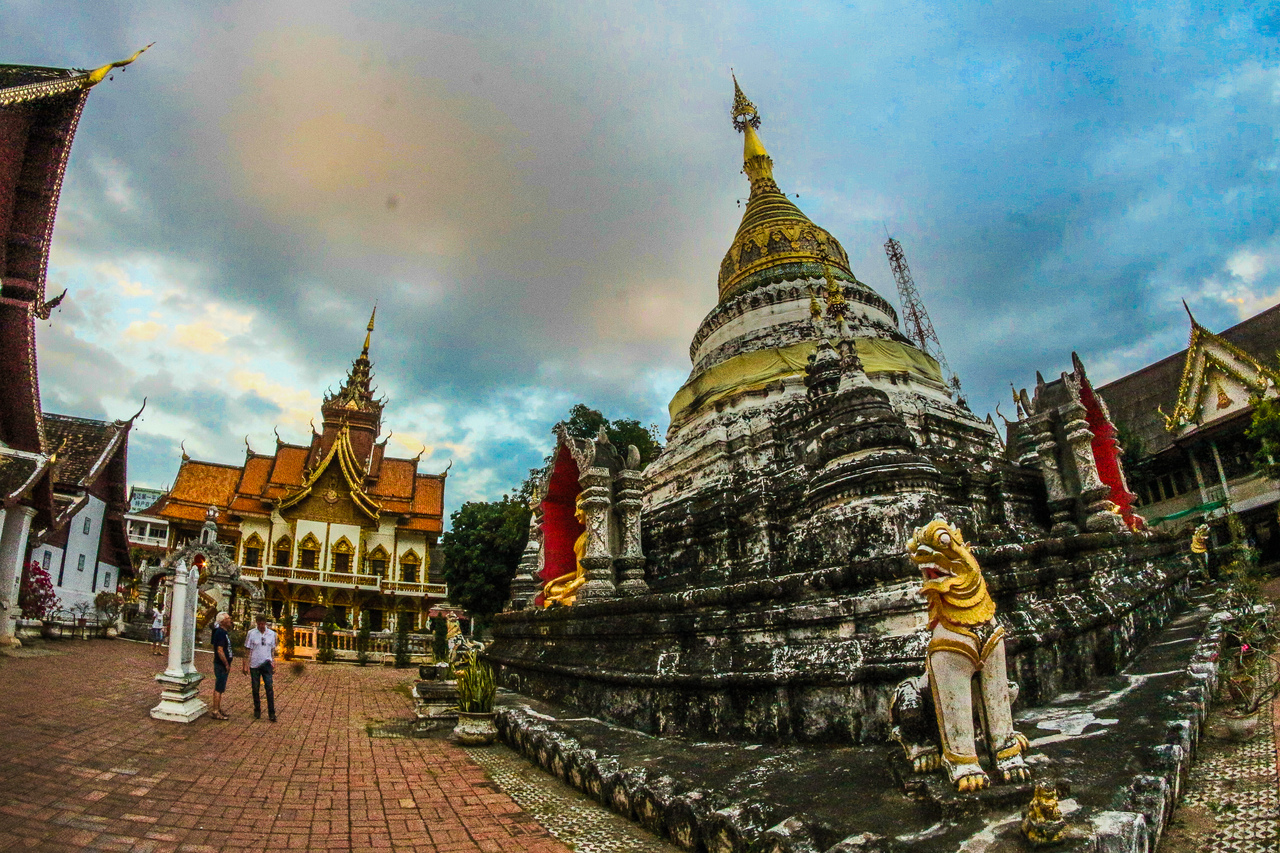Chiang Mai Tourism Assoc Reveals Tourism Slowdown in Chiang Mai
Share:

In a chilling revelation whose details are echoed all throughout the country, the Tourism Association of Chiang Mai President revealed how the pandemic and ensuing lockdown in April has put the economy of the province to its heels.
According to Anantorn Honchindarat, the tourism industry is operating at less than half capacity. For instance, only 35% of the hotels in the province are open for business. Even so, because of the diminished purchase power of the locals, these hotels only enjoy lower occupancy rates despite the promises of the “We Travel Together” stimulus package.
Songthaews only travel on average one trip a day. In pre-pandemic times, these vans average 3 to 4 trips per day per vehicle.
Mr. Anantorn also said that over a thousand tour guides are currently out of sources of income, with foreign tourism not returning soon.
Most of the hotels that remain closed have now changed management – liquidity problems forced a number of operators to sell off their properties.
Chiang Mai enjoyed significant revenues last year from tourism, a situation echoed throughout the Kingdom. The province earned THB100 billion from tourism, garnering a total of 10.8 million tourists for 2019.
Like the rest of Thailand, 70% of the tourists were foreigners, while only 30% of the visitors were local Thais.
Chiang Mai’s tourism fell to zero in April after the lockdown was declared. After three months, domestic tourism picked up but only at 20% of the levels recorded last year.
Despite the stimulus packages wherein participants can have up to THB3,000 of their expenses repaid by the government, lower incomes and fears of being infected by COVID-19 have kept majority of the local Thais from travelling.
On the other hand, foreign tourism remain closed.
Chiang Mai is now approaching the traditionally high season of its tourism industry, and there are no signs yet of foreign tourism returning in the foreseeable future.
“As the international market is stalled, if Chiang Mai can simply get the same chunk of the domestic market back within a year, typically 70% of the total, we should be happy enough,” Mr. Anantorn said.
The future of foreign tourism has been a topic of hot discussion among the government since July. The government had attempted to negotiate “travel bubble” agreements with China, South Korea and Japan in the lead up to the lifting of restrictions in July.
However, fresh infections in China and South Korea in the middle of June put those agreements into indefinite postponement, the Civil Authority of Thailand had said.
The private sector also put forth a “Safe and Sealed Plan”, enthusiastically endorsed by Tourism and Sports Minister Phiphat Ratchakitprakarn, but this was also shelved due to unknown reasons. The plan was supposed to start with Phuket bringing in the first group of tourists.
Immediately after, the Cabinet approved what is now known as the Special Tourist Visa. The first group of Chinese holders of the visa was expected last week to arrive in Phuket, but their arrival was postponed once again to a later date in October.
Source:
TheThaiger